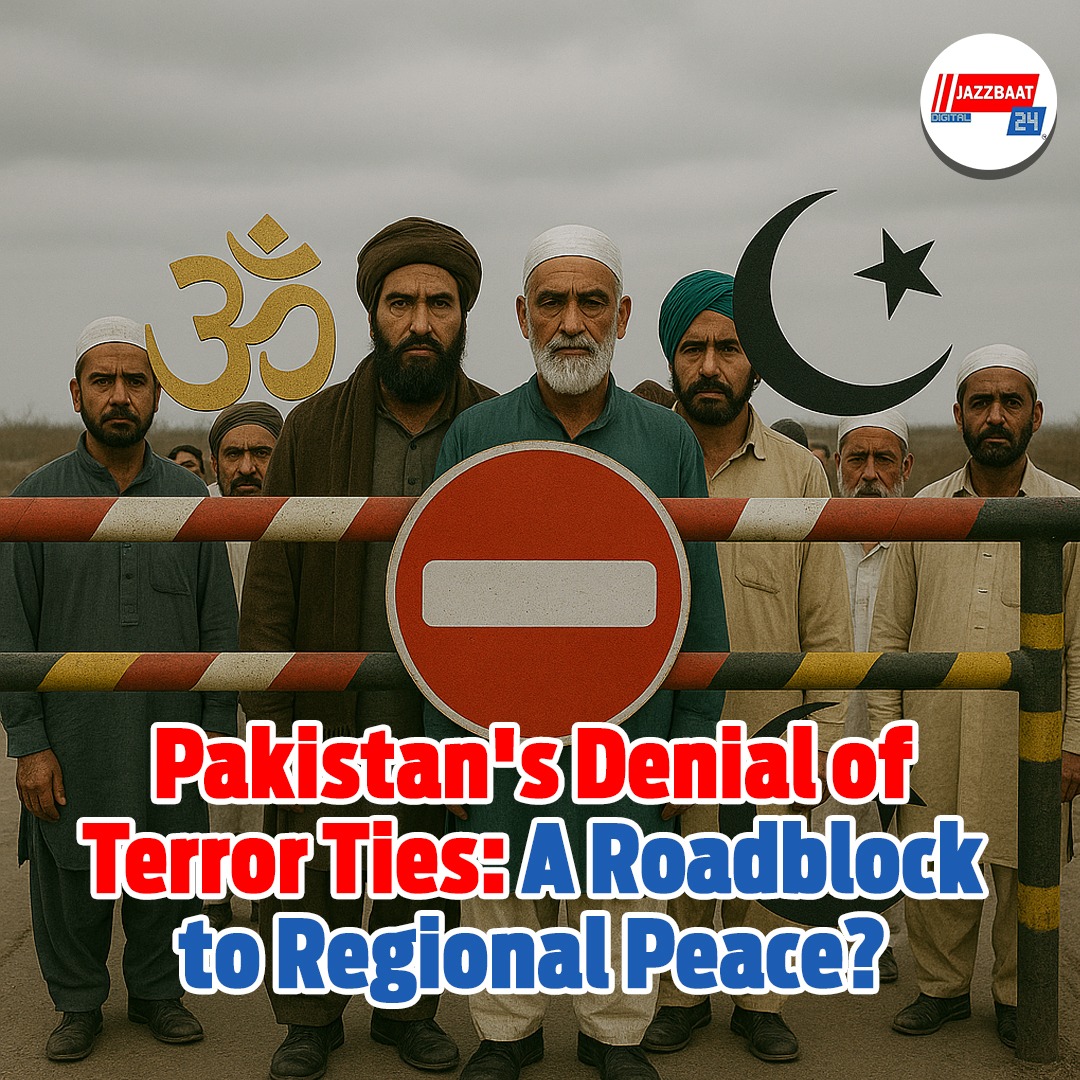
Pakistan has generally been at the center of global debate regarding terrorism. Over the years, various global reports as well as public pronouncements by its regional neighbors, especially India and Afghanistan, have pointed towards the presence of terrorist groups operating out of Pakistani soil. Despite these, Pakistan continues to deny support or involvement towards terrorism. Denial has raised serious questions about its impact on regional peace and security.
When a country is charged with something as serious as supporting or harboring terror groups, the international community seeks a clear reaction. Pakistan's typical response has been to categorically reject such accusations, typically calling them baseless or political. Such denials are not always consistent with the evidence presented. Various terror groups including Lashkar-e-Taiba, Jaish-e-Mohammed, and the Haqqani Network have either been based in Pakistan or have established links with people and groups there.
India has always blamed Pakistan for harboring cross-border terrorism, especially in Jammu and Kashmir. The 2008 Mumbai and 2019 Pulwama suicide attacks are two examples wherein the attackers were linked to Pakistan-based organizations. Although Pakistan has moved in some minor capacity under international pressure—e.g., placing some individuals under house arrest or freezing their bank accounts—the root problem is still not addressed.
Pakistan's denials may be in its short-term political interest, but they cost it regional cooperation and trust. In order to have peace in South Asia, all countries need to cooperate and be truthful to one another. When a country does not own up to a problem, it becomes hard for others to feel safe or negotiate in earnest. It also weakens the effort to fight the common enemy of terrorism together.
The international community, including the United Nations and the Financial Action Task Force (FATF), have asked Pakistan several times to do more on terrorist financing and safe havens. Pakistan has tried with some reforms in law and arresting a few high-profile people but most believe these attempts are too half-hearted and done merely to avoid global sanctions. The problem is not just about a small number of individuals; it is about taking apart entire networks and mindsets that allow terrorism to persist.
Denying the existence of terror groups or downplaying their influence also hurts the Pakistani people. Terrorism has not only hurt Pakistan's neighbors but also caused tremendous loss to its own nation. Huge numbers of innocent Pakistanis have been murdered by terror attacks organized by extremists. Confronting the problem openly and trying to put an end to it can help the country in protecting its own citizens as well as its global image.
In addition to this, these denials have also caused diplomatic strains, especially with India. The negotiations have been halted several times after terrorist attacks have been blamed on organizations based in Pakistan. Trust is the backbone of any peaceful relationship and consistent denials only push it further away. If Pakistan were serious about peace within the region, then it will have to be prepared to own up and act in earnest, visibly.
Peace in South Asia is not only important for India and Pakistan but for the whole region. The extended security context affects nations like Afghanistan, Bangladesh, Sri Lanka, and Nepal. If any nation becomes a shelter for planning or recruitment of terrorists, then it is a threat to everyone. Instead of turning blind eyes to the problem, it would be more productive for Pakistan to work together with the neighbors and attempt to arrive at solutions that are long-term.
It must also be noted that not all Pakistanis are pro-terrorism. There are numerous people like journalists, civil society members, and government officials who have denounced extremist groups. But they are typically silenced or ignored. A peaceful future would depend on their voices being heard and supported.
Pakistan can become a powerful, respected world power. It has a youth population, natural resources, and geopolitical location. But all this is lost if the country continues to deny its terror links. The first step to real change is to embrace reality, however unsavory.
Lastly, Pakistan's refusal to admit terrorism links hurts more than it benefits. It damages relations, derails peace efforts, and puts innocent lives at risk. A better way forward would be for Pakistan to face the problem, genuinely work towards correcting it, and join hands with neighbors to usher in a peaceful, stable South Asian future. Then and only then can the region bid goodbye to fear and violence and walk into a future based on trust, cooperation, and mutual progress.